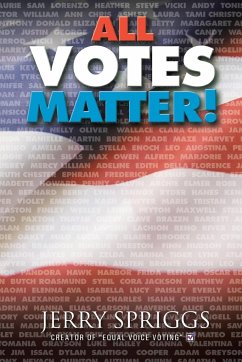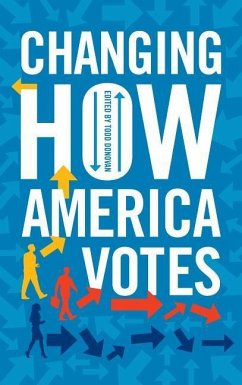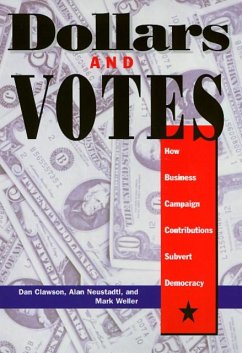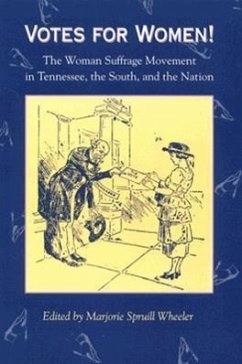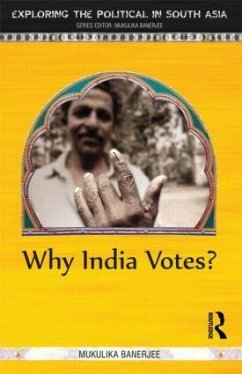
Pippa Norris / Christopher Wlezien (eds.)
Broschiertes Buch
Britain Votes 2005
Versandkostenfrei!
Nicht lieferbar




'Britain Votes 2005' provides a comprehensive overview of the 2005 general election campaign plus a systematic analysis of the election results. Written in a clear, accessible and lively style, it is designed for students, colleagues, and practitioners.
Christopher Wlezien is Professor of Political Science at Temple University. He is co-founder of the ESRC-funded Oxford Spring School in Quantitative Methods for Social Research and a research associate in the Centre for the Study of Democratic Government. Wlezien came to Oxford from the University of Houston, where he was a professor of political science and founding director of the Institute for the Study of Political Economy. He has held visiting positions at Columbia University, the Juan March Institute, and McGill University. He received his PhD from the University of Iowa in 1989. Pippa Norris is a political scientist comparing elections and public opinion, political communications, and gender politics. She has published more than thirty books and her work has been translated into more than a dozen languages. She has served as an expert consultant for many official bodies, including the UN, UNESCO, the Council of Europe, International IDEA, the NDI, the NED, and the UK Electoral Commission. She has held many visiting research appointments, including at Columbia University, the University of California - Berkeley, the University of Oslo, the University of Cape Town, Otago University, and the Australian National Univerity. Pippa Norris is McGuire Lecturer in Comparative Politics teaching at the John F Kennedy School of Government and the Department of Government at Harvard University, and prior to that she taught at Edinburgh University.
Produktbeschreibung
- Verlag: Hurst & Co.
- Seitenzahl: 276
- Erscheinungstermin: 8. Dezember 2005
- Englisch
- Abmessung: 155mm x 234mm x 13mm
- Gewicht: 395g
- ISBN-13: 9780198569404
- ISBN-10: 0198569408
- Artikelnr.: 21787887
Herstellerkennzeichnung
Libri GmbH
Europaallee 1
36244 Bad Hersfeld
gpsr@libri.de
Für dieses Produkt wurde noch keine Bewertung abgegeben. Wir würden uns sehr freuen, wenn du die erste Bewertung schreibst!
Eine Bewertung schreiben
Eine Bewertung schreiben
Andere Kunden interessierten sich für




